Encyclopaedia of Agronomy
Agriculture is the production of food and goods through farming. Agriculture was the key development that led to the rise of human civilization, with the husbandry of domesticated animals and pants (i.e. crops) creating food surpluses that enabled the development of more densely populated and stratified societies. The study of agriculture is known as agricultural science.
Agriculture is also observed in certain species of ant and termite. Agriculture encompasses a wide variety of specialties and techniques, including ways to expand the lands suitable for plant raising, by digging water-channels and other form of irrigation. Cultivation of crops of enable land and the pastoral herding of livestock on rangeland remain at the foundation of agriculture. In the past century there has been increasing concern to identify and quantify various forms of agriculture. In the developed world the range usually extends between sustainable agriculture (e.g. permaculture or organic agriculture) and intensive farming (e.g. industrial agriculture). Modern agronomy, plant breeding, pesticides and fertilizers and technological improvements have sharply increased yields form cultivation, and at the same time have caused widespread ecological damage and negative human health effects.
This book contains the fundamental and basic information of the subject and the selection of contents makes it an appropriate book for the students.
Get it now and save 10%
BECOME A MEMBER

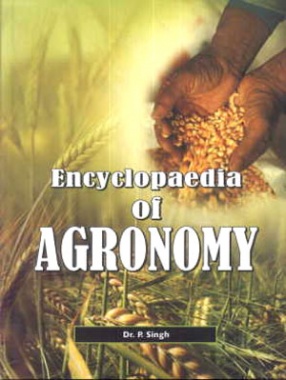

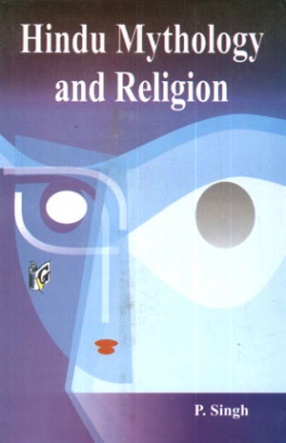
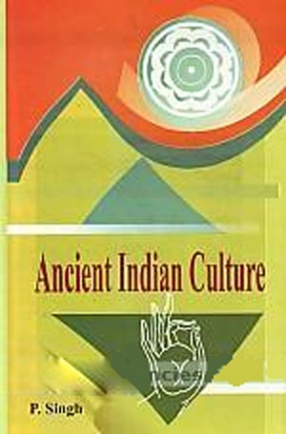
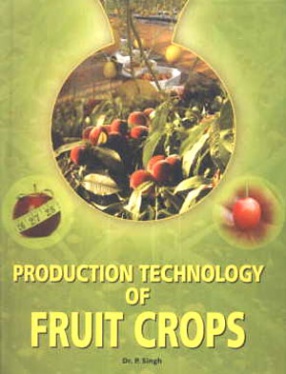
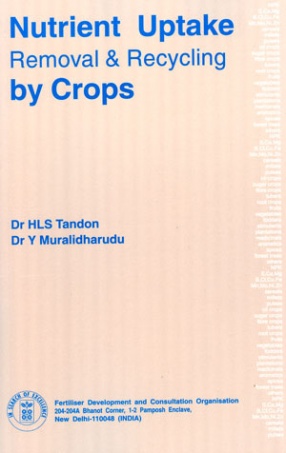
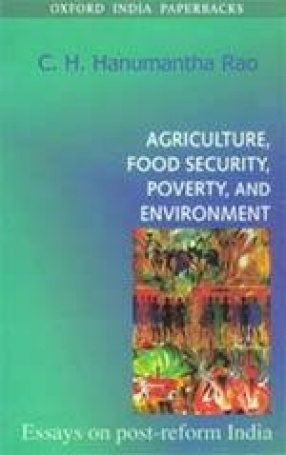

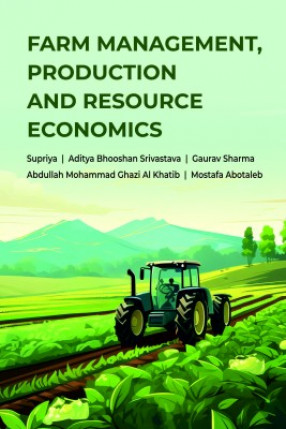

Bibliographic information